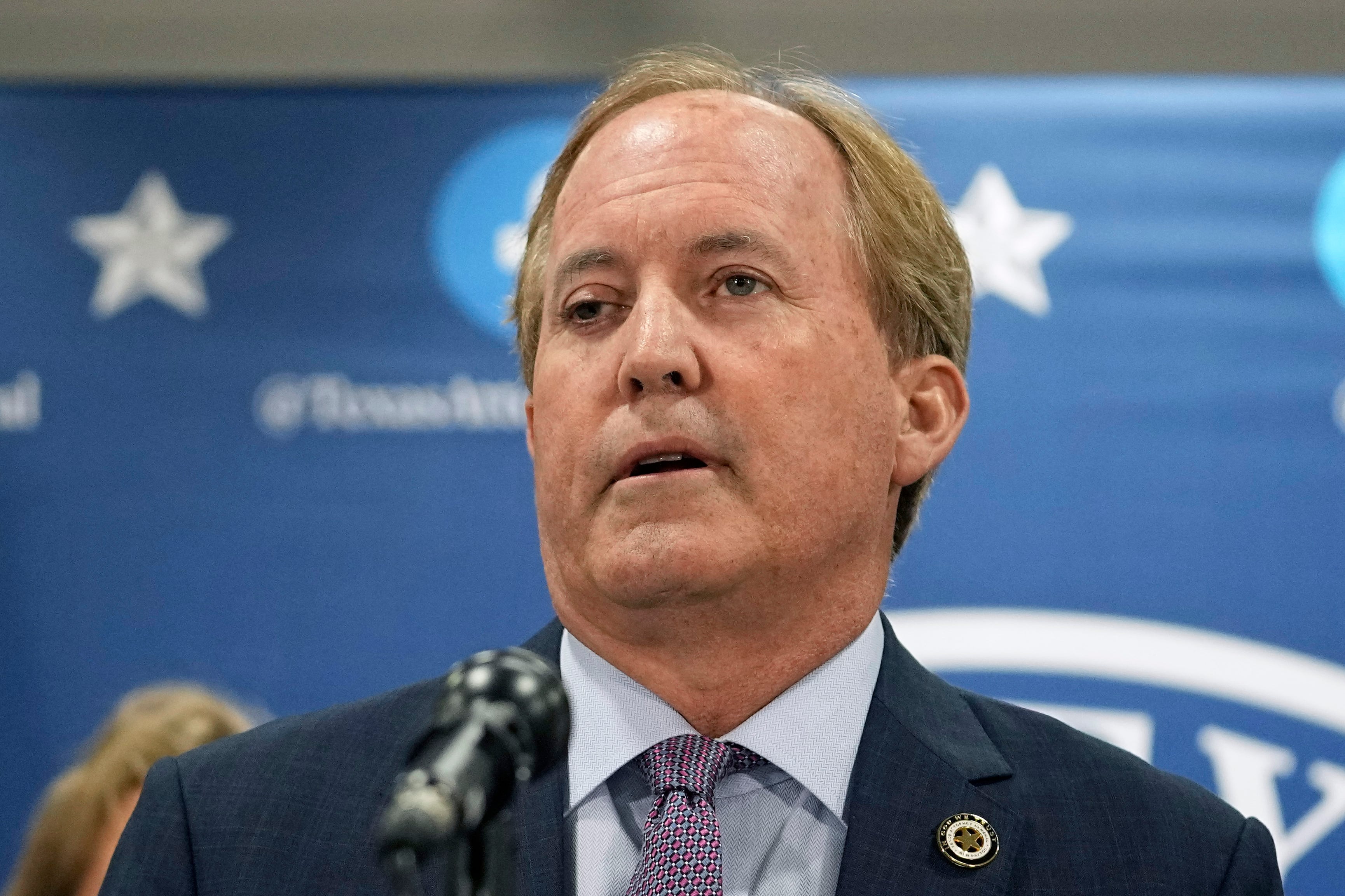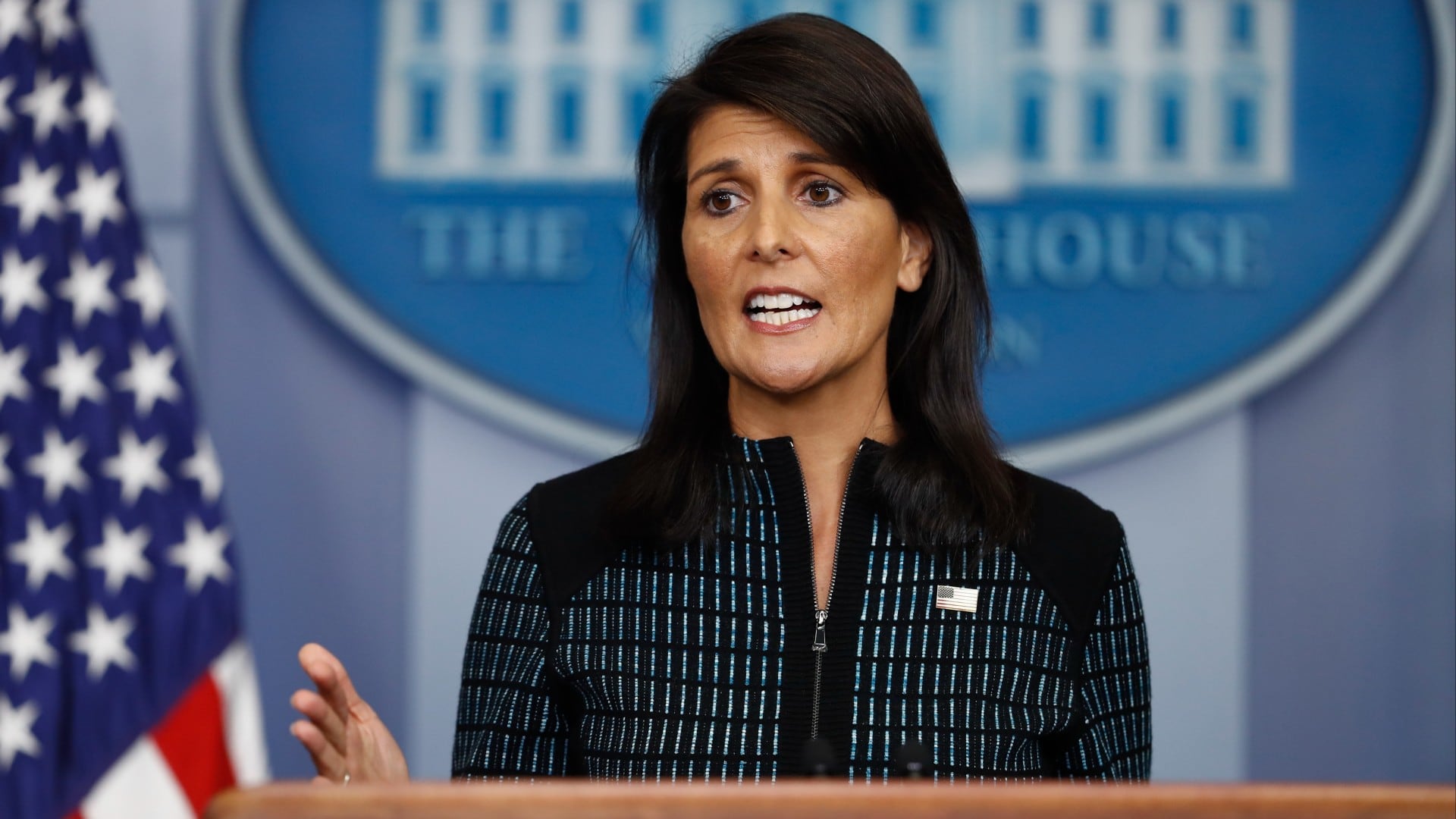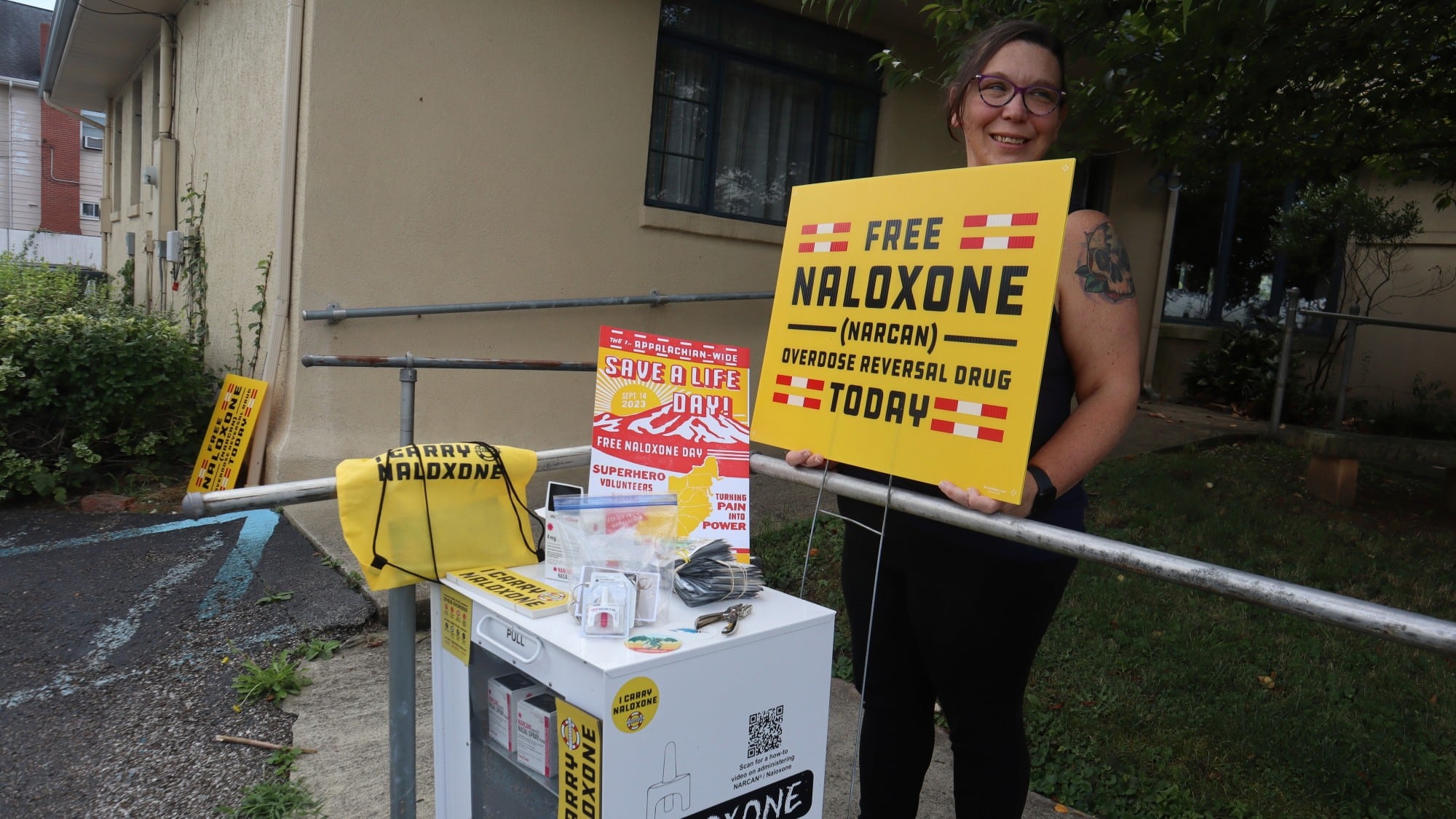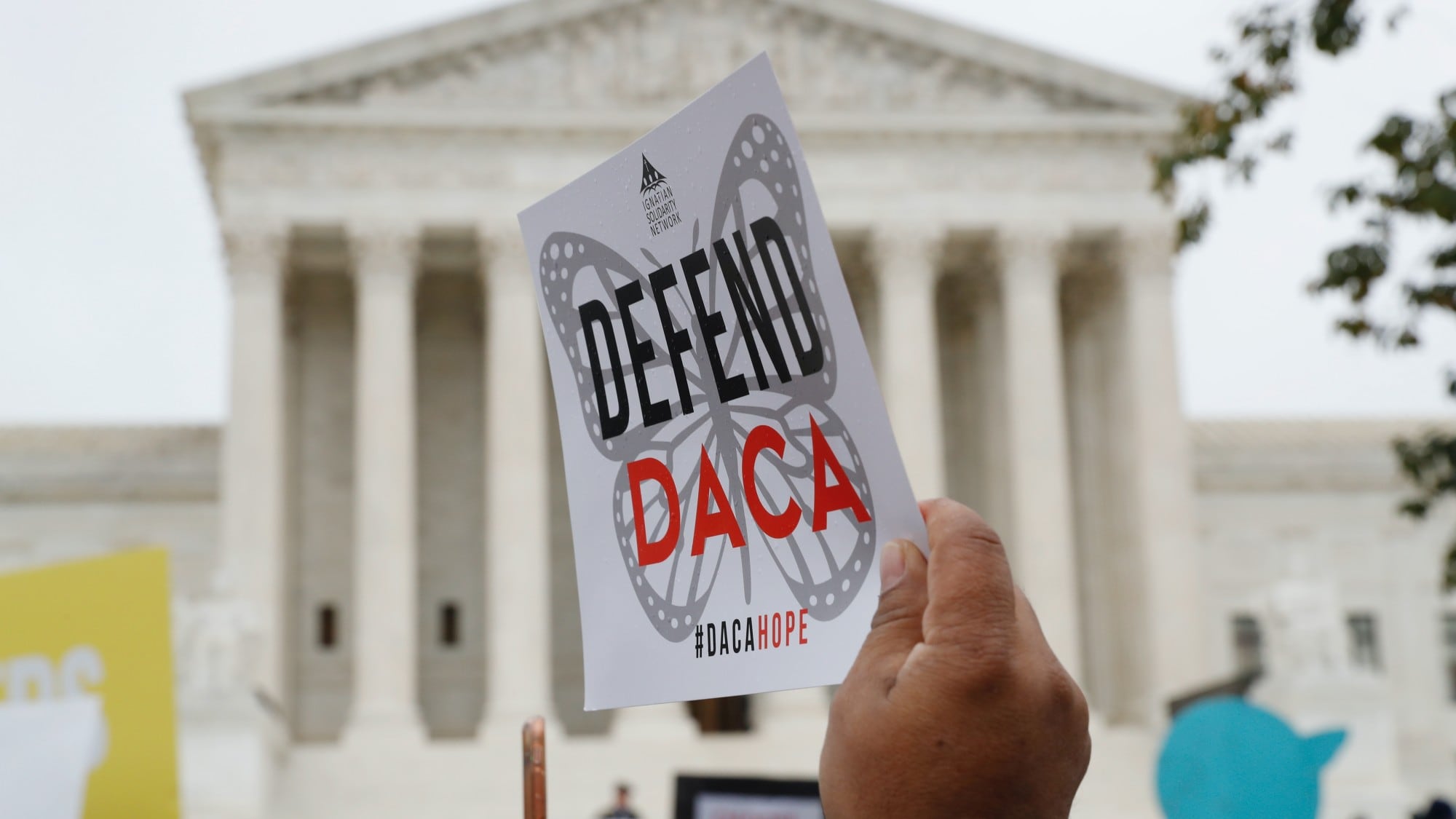*By Conor White* The U.S. government may be on track to meet Thursday's deadline to reunite families separated at the southern borderーbut one Politico reporter reminded Cheddar that doesn't apply to everyone. In an interview Thursday, Dan Diamond praised the government's efforts over a relatively short period, but said there are nine hundred parents that have been deemed 'ineligible'ーmeaning they have a criminal record, preexisting health problem, or have already been deported. Diamond cautioned that some may never seen their children again. Another major wrinkle in the plan: Diamond said the costs of getting some 2,500 immigrant children to their parents will be felt for quite a while. The Health Department, he said, has resorted to siphoning from its broader funds. "\[The Department has spent\] tens of millions of dollars just in the past few months on housing kids that have been separated at the border, caring for them, and now putting the families back together." Officials may also have to answer for a [new Politico report](https://www.politico.com/story/2018/07/25/deported-migrants-leaving-children-behind-712088) that says 75 percent of migrant parents were never given a choice between taking their children with them or leaving them behind in the States, contradicting what the Trump administrationーincluding Homeland Security Secretary Kirstjen Nielsenーhas claimed. "That's very concerning from a human perspective," Diamond said, "but also creates major logistical challenges, because now the government has to track down parents who have been deported and ask them, 'Do you want your kid brought to you in a foreign country?' How will these parents be put back together with their kids?" "So \[there's been\] a lot of progressーbut \[also\] very real questions about what happens to the entire population of migrant parents and kids." For full interview [click here] (https://cms.cheddar.com/videos/VmlkZW8tMjExNTg=).











